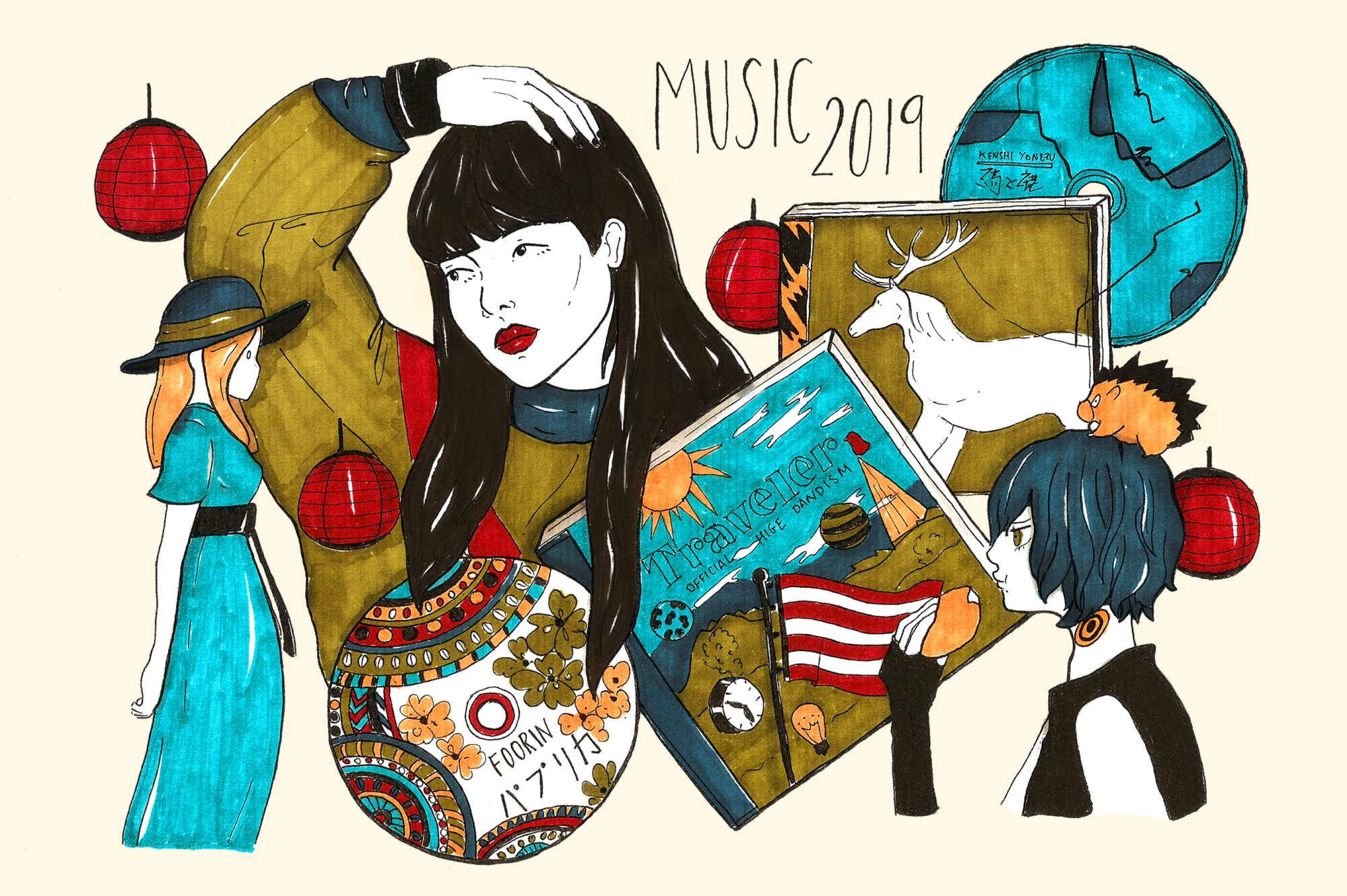The final months of the Heisei Era (1989-2019) made it feel like Japanese music would be all about looking back this year. Television programs, magazines and websites gave considerable time and space to celebrating the songs and artists of the past three decades. It has felt like we've been enwrapped in a melancholic haze since 2018 thanks to the retirement of Namie Amuro and the disbandment of SMAP two years prior, but it was taken to a whole new level in the weeks leading up to Chief Cabinet Secretary Yoshihide Suga's announcement of the coming era's name.
Yet, as the first year of the Reiwa Era comes to a close, that thick fog of nostalgia has mostly given way to reveal the path forward. The past 12 months established who would be the stars of the 2020s, what they would sound like and why they were connecting with listeners, in particular younger ones who will only know the Heisei Era as a blip in their lives. With 2019 ending, Japanese pop finds itself out of step with the rest of the global music industry — which isn't new — but for the first time in years, that might be a good development.
First, the country had to shake off the previous era. Besides the retromania for all things J-pop from mainstream media, contemporary artists leaped on board as well. Everyone from visual-kei bands to hip-hop acts and teenage pop urchins reflected on this particular stretch of Japan's history. When "Reiwa" became the official name of the new era, artists shifted from nostalgia to novelty. J-pop class clowns Golden Bomber rushed out a song that quickly went viral, with rappers and divisive YouTubers following in its wake.



















With your current subscription plan you can comment on stories. However, before writing your first comment, please create a display name in the Profile section of your subscriber account page.